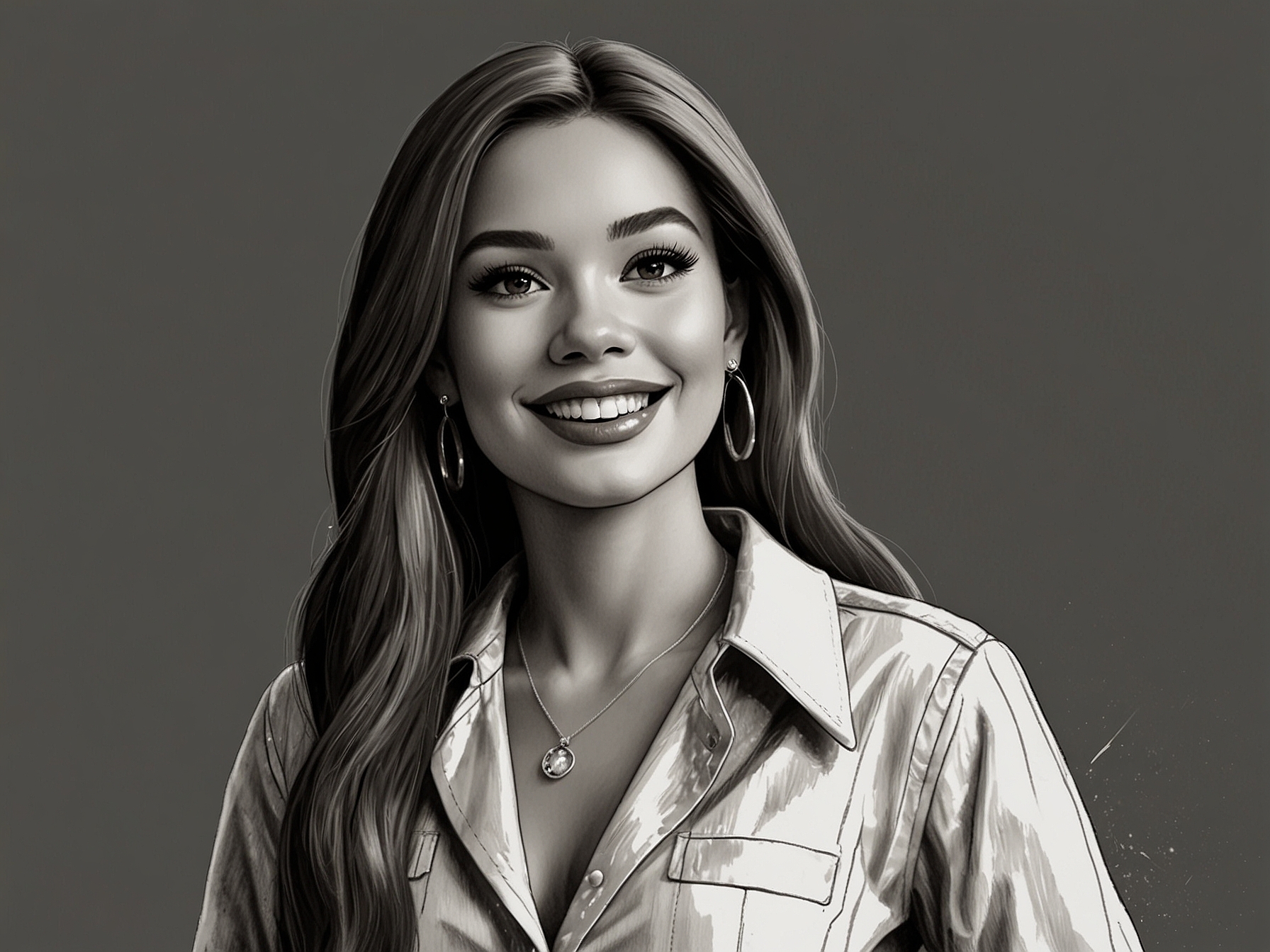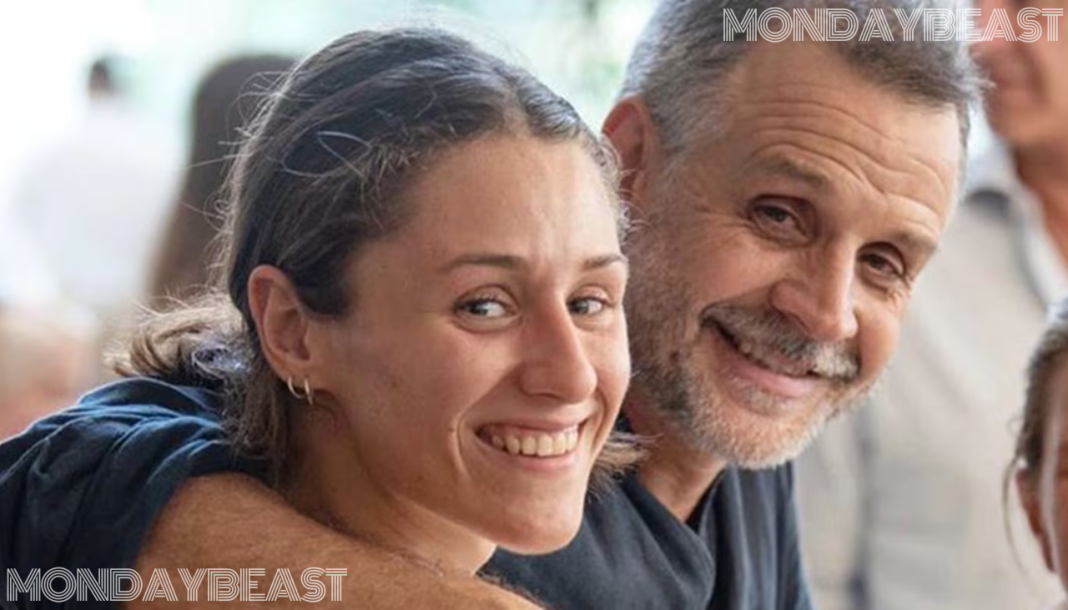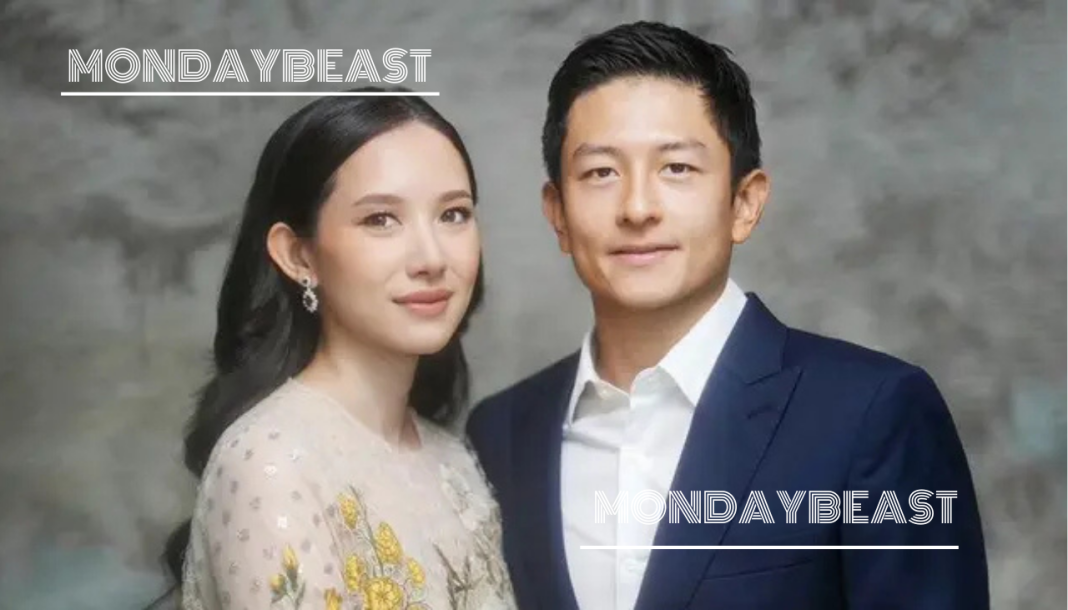Barbie Vélez sat down with Juana Viale for a chat that would resonate with many. It wasn’t just a casual lunch; it became a platform for honesty and raw emotion. Barbie’s revelation about the critiques she faces daily opened a door to a much-needed discussion about body image.
Vélez arrived with a bright smile, eager to share her story. She took pride in the outfit she wore, a reflection of her personal style. “La ropa es mía,” she noted, embracing her individuality. And she did her own makeup, too—an act of independence that felt vital to her.

But beneath that cheerful demeanor was a weight—a burden she has carried for quite some time. Barbie’s experience in the spotlight has been punctuated by harsh commentary about her body. These remarks aren’t just fleeting thoughts; they linger and gnaw away at self-esteem.
“Siempre me dicen gorda,” she confessed. Those words sting, especially coming from a community that often celebrates unattainable ideals. Yet, Barbie spoke truthfully about her desire to change that narrative.
For Barbie, it’s about more than just looks. “I want to show that a real woman can feel beautiful and confident,” she expressed, her voice steady with conviction. She hopes her presence can redefine beauty standards. It’s about embracing who we are, flaws and all.

As she revealed her motivations for modeling, her candidness shone through. “Si me contratan para desfilar es por mi nombre, no por mi cuerpo,” she stated firmly. It’s that name—Barbie Vélez—that carries weight in the industry, she believes.
She shared her thoughts on the media’s role in shaping perceptions. Barbie argued that there should be more appreciation for genuine, accessible body types. “In the media, we should value real women more,” she declared, and I couldn’t agree more. This plea for representation reflects a desire for a more compassionate narrative.
What about the future? Barbie’s aspirations extend beyond modeling. She dreams of becoming a serious actress, longing to dive into roles that showcase her talents. Modeling, for her, is just a stepping stone—a way to supplement her income.

It’s refreshing to hear her desire to break through stereotypes. “No me considero modelo,” she explained, preferring to see herself as an artist. This perspective shifts the conversation from mere looks to talent and expression.
Barbie’s critique of fitness culture was eye-opening. She isn’t about to sacrifice her enjoyment of life for societal expectations. Her journey emphasizes acceptance rather than restrictive ideals. If anyone can challenge norms, it’s voices like hers.
During her heartfelt interview, the audience could feel her passion. It resonated with anyone who has ever felt unworthy or criticized for their appearance. After all, who among us hasn’t grappled with self-image issues?
As Barbie Vélez continues to grow both personally and professionally, her story speaks volumes. It’s an inspiring call for change, urging others to embrace their authentic selves in a world that often tells them otherwise.




